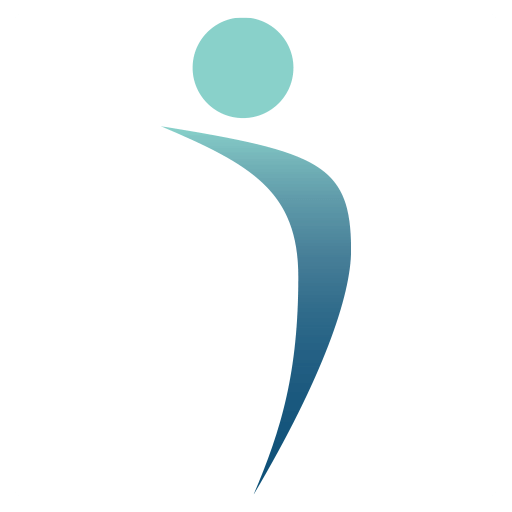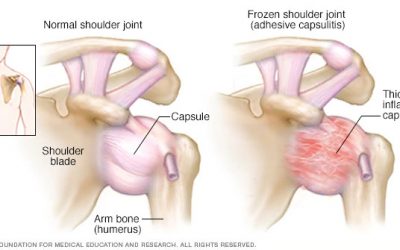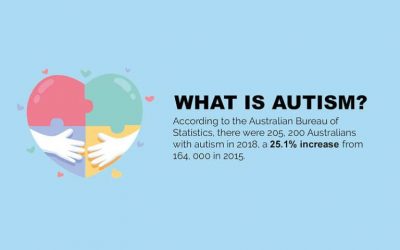What is NDIS?
NDIS stands for the National Disability Insurance Scheme, which is an Australian government-funded program designed to provide support and services to people with disabilities. The NDIS aims to help individuals with disabilities achieve their goals, improve their quality of life, and participate in their communities. It operates under the National Disability Insurance Agency (NDIA) and is available to eligible Australians under the age of 65 who have a permanent and significant disability.
Who is eligible for NDIS?
To be eligible for the NDIS, a person must meet the following criteria:
- Age Requirement: The person must be under 65 years of age at the time of applying for the NDIS.
- Residency: The individual must be an Australian citizen, a permanent resident, or a Protected Special Category Visa holder.
- Disability Requirement: The person must have a permanent and significant disability that substantially affects their ability to participate effectively in activities or perform tasks of daily living. The disability should be likely to be lifelong and require support and services.
- Location: Eligibility for the NDIS is available across Australia but can differ by each State in Australia. Check out the specific local state information.
- Early Intervention: In some cases, children under the age of 7 with developmental delays or disabilities may be eligible for early intervention support under the NDIS, even if they do not meet the usual disability criteria.
It’s important to note that eligibility is assessed on a case-by-case basis, and the process involves gathering information about the individual’s disability and how it impacts their life. Eligibility decisions are made by the National Disability Insurance Agency (NDIA) or its delegate.
Check out the official government website for the most updated NDIS eligibility criteria
Types of NDIS plans by fund management
There are several types of managed plans within the NDIS, which allow participants to choose how they want their funds to be managed. These plans are designed to give participants flexibility and control over the services and supports they receive. The three main types of managed plans are:
- Self-Managed Plan:
- Participants have the highest level of control and responsibility.
- They receive their NDIS funding directly and are responsible for managing their budget.
- They can choose their service providers, negotiate service agreements, pay invoices, and keep records of their spending.
- Plan-Managed Plan:
- Participants engage a plan manager to help them manage their NDIS funds.
- The plan manager pays service providers on behalf of the participant.
- Participants can still choose their service providers and decide on the supports they need, but the plan manager handles the financial aspects.
- NDIA-Managed Plan:
- The NDIA manages the funding on behalf of the participant.
- The NDIA pays service providers directly for the supports and services outlined in the participant’s plan.
- Participants have less control over the management of their funds, but the NDIA ensures that their needs are met according to their plan.
Each type of managed plan has its pros and cons, and participants can choose the one that best suits their individual circumstances and preferences. It’s important to note that participants can also have a combination of these management options for different parts of their NDIS plan, allowing for a tailored approach to managing their supports and services. Additionally, the NDIS periodically reviews participants’ plans to ensure they continue to receive appropriate support and services based on their evolving needs and goals.
Author
-

Guyver Mac
Managing Director & Principal PhysiotherapistGuyver specialises in gerontology and neurological physiotherapy, and has been working with NDIS since 2017 and practicing physiotherapy since 2015. He excels in treating conditions like Multiple Sclerosis (MS), stroke, neurological conditions, and global developmental delay. One of Guyver's favourite career moments as a physio is helping an Inspire Healthcare client with Multiple Sclerosis walk his daughter down the aisle at her wedding. Outside of work, Guyver enjoys going to the gym, swimming, and watching rugby league.




